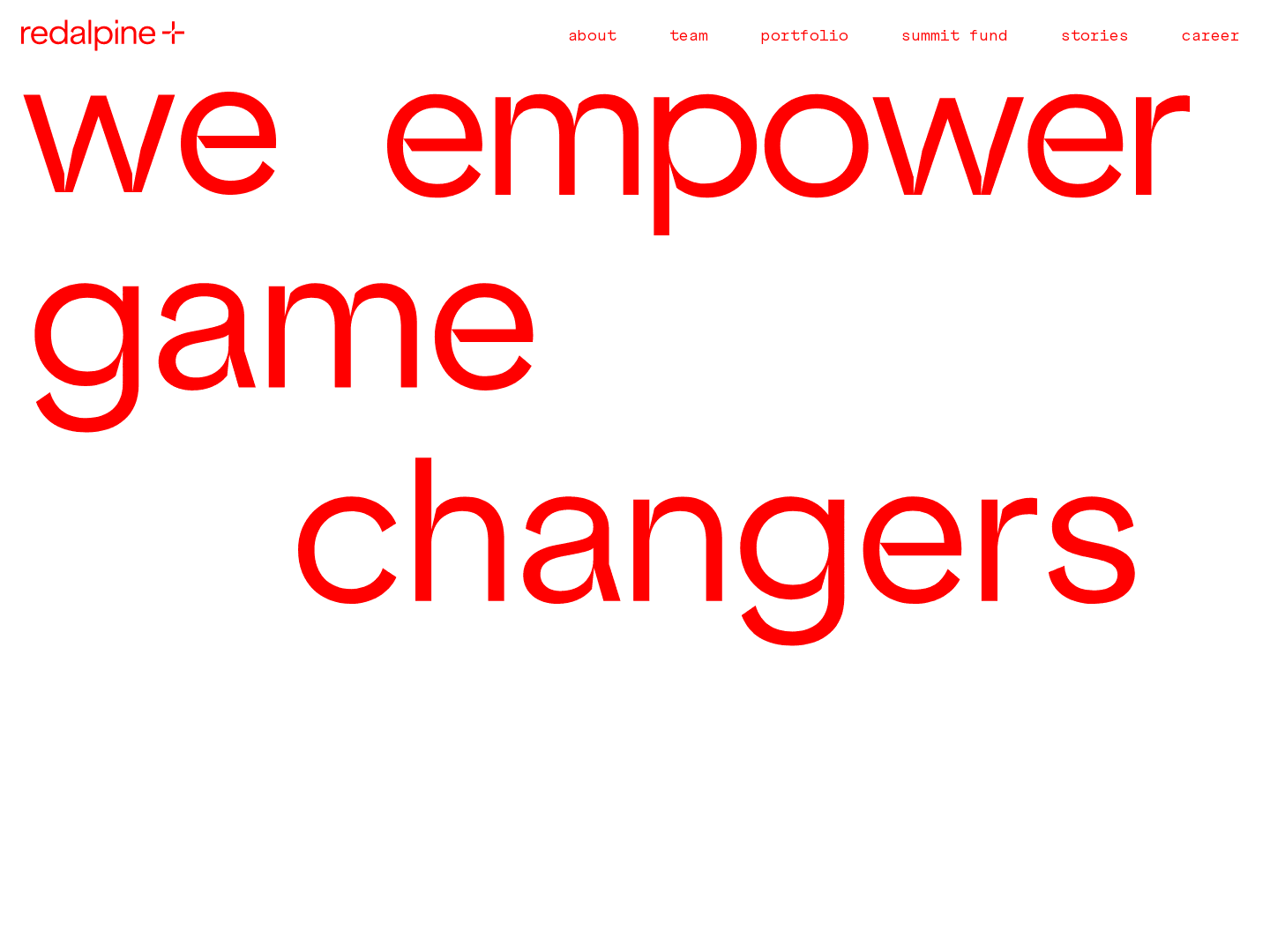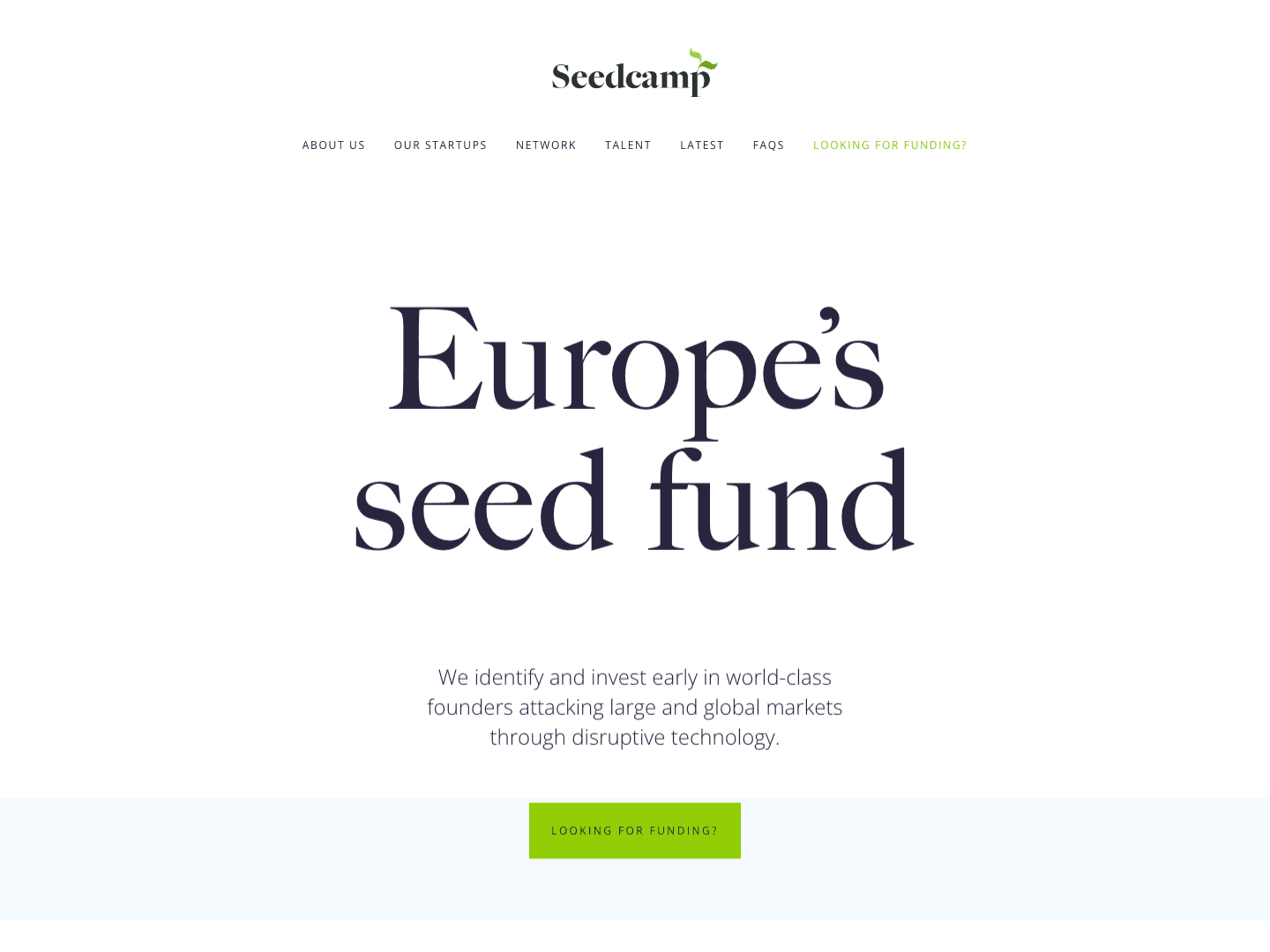Biotech platform DaltonTx raises £4m led by Redalpine and IQ Capital Partners

At a glance
This article covers the Seed funding round on 23 September 2025 for DaltonTx, a London, UK-based provider of a disease- and technology-agnostic adaptive platform, founded by Dr Garry Pairaudeau, Adrian Rossall, Dr Anthony Bradley, and Professor Charlotte Deane MBE. It raised £4m in Seed funding from lead investor redalpine and IQ Capital Partners.
What does DaltonTx do?
DaltonTx offers a platform that supports drug research for small molecules and biologics. It enables scientists to combine their expertise with an iterative engine to design and optimise drug candidates.
Why is DaltonTx useful?
Problem
Scientists face complex, fragmented R&D pipelines that are hard to adapt across diseases and molecule types. Teams also struggle to combine human insight with machine learning in an iterative, collaborative way.
Solution
DaltonTx explains that it provides an adaptive, disease- and technology-agnostic platform for small molecules and biologics. The platform lets scientists interact with an engine that iterates, learns, and combines human insight with machine learning.
How much did DaltonTx raise?
DaltonTx raised £4m in Seed funding, backed by redalpine and IQ Capital Partners alongside existing backers. This makes it the 29th largest funding round in September 2025 (44 recorded). By size, the round comes in 228th for 2025 (451 recorded) in the Startupmag database, as of 23 September 2025.
For details on how Startupmag compiles its rankings, view our Methodology.
Who invested in DaltonTx?
The key investors in this funding were:
- redalpine: A European venture capital firm investing in early-stage technology and life sciences companies.
- IQ Capital Partners: A UK venture capital firm that focuses on deep-tech and science-based startups at seed and early growth stages.
- Seedcamp: A European seed-stage venture capital firm investing in early-stage technology companies across multiple sectors.
If you're researching potential backers in this space:
- Explore our list of Biotech venture capital firms in the UK
- Browse our directory of Biotech angel investors in the UK
Who founded DaltonTx?
The founders of DaltonTx are Dr Garry Pairaudeau, Adrian Rossall, Dr Anthony Bradley and Professor Charlotte Deane MBE.
Where is DaltonTx based?
DaltonTx is based in London, UK.
What sector is DaltonTx in?
DaltonTx operates in the biotech sector. The sector develops medicines and biological products using living cells and scientific research. It helps make new treatments and tests to improve people's health.
Key trends and challenges in Biotech:
AI-enabled discovery platforms
Machine learning tools are increasingly paired with scientists to accelerate discovery. Example: AlphaFold improved protein structure prediction and sped biologics research.
Regulatory and validation hurdles
New computational methods must meet strict evidence standards before clinical use. Regulators often require transparent algorithms and clinical validation through trials.
High costs and long development timelines
Bringing new therapies to market commonly takes over ten years. Development costs frequently exceed one billion dollars per approved drug, limiting small players.
For a deeper look at innovation in this space, see the latest funded Biotech startups in the UK
They've invested in DaltonTx
Get to know these Biotech investors
Click here for a full list of 7,233+ startup investors in the UK

